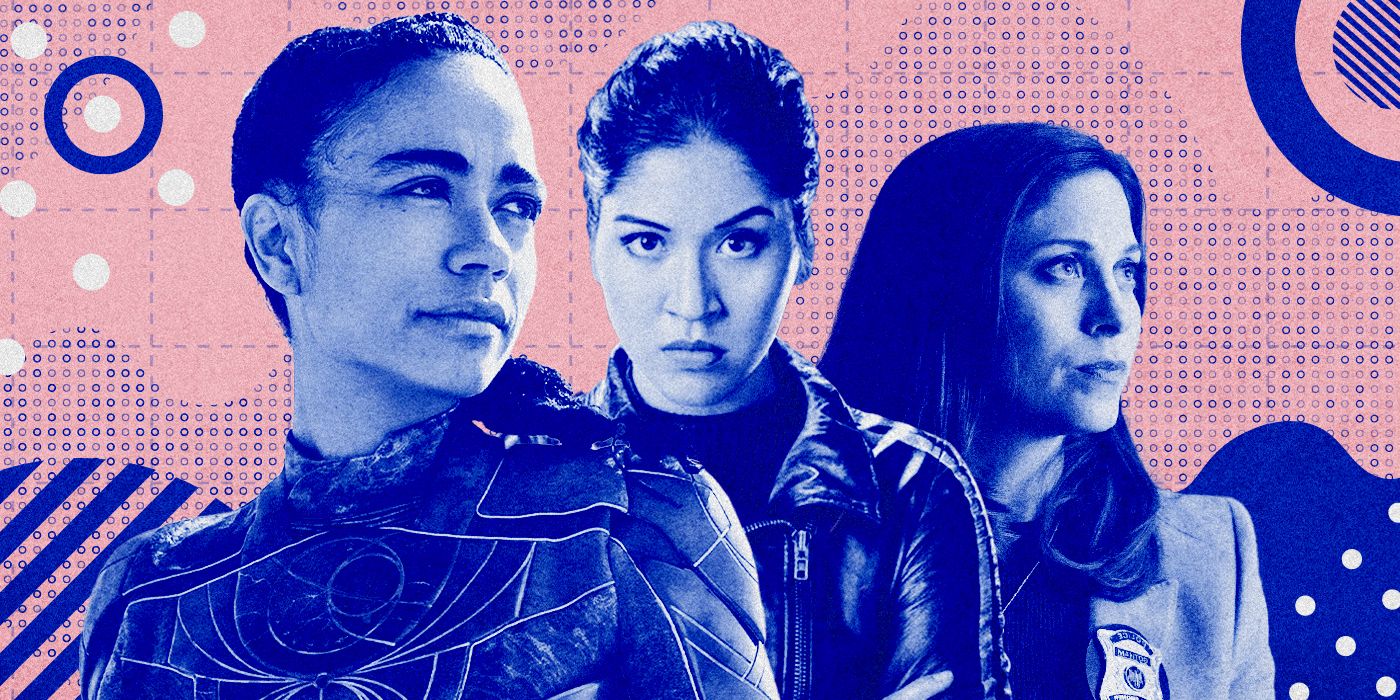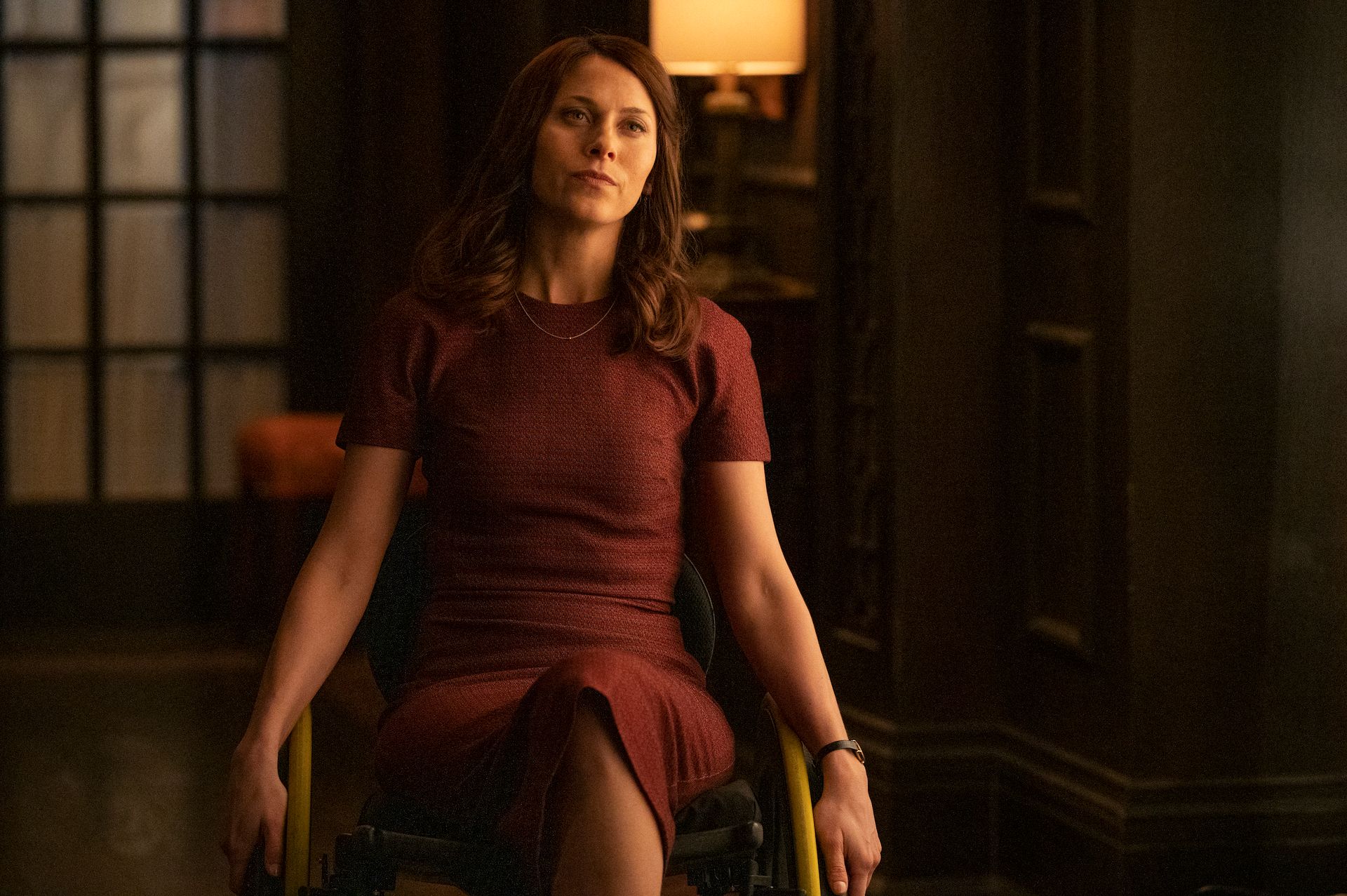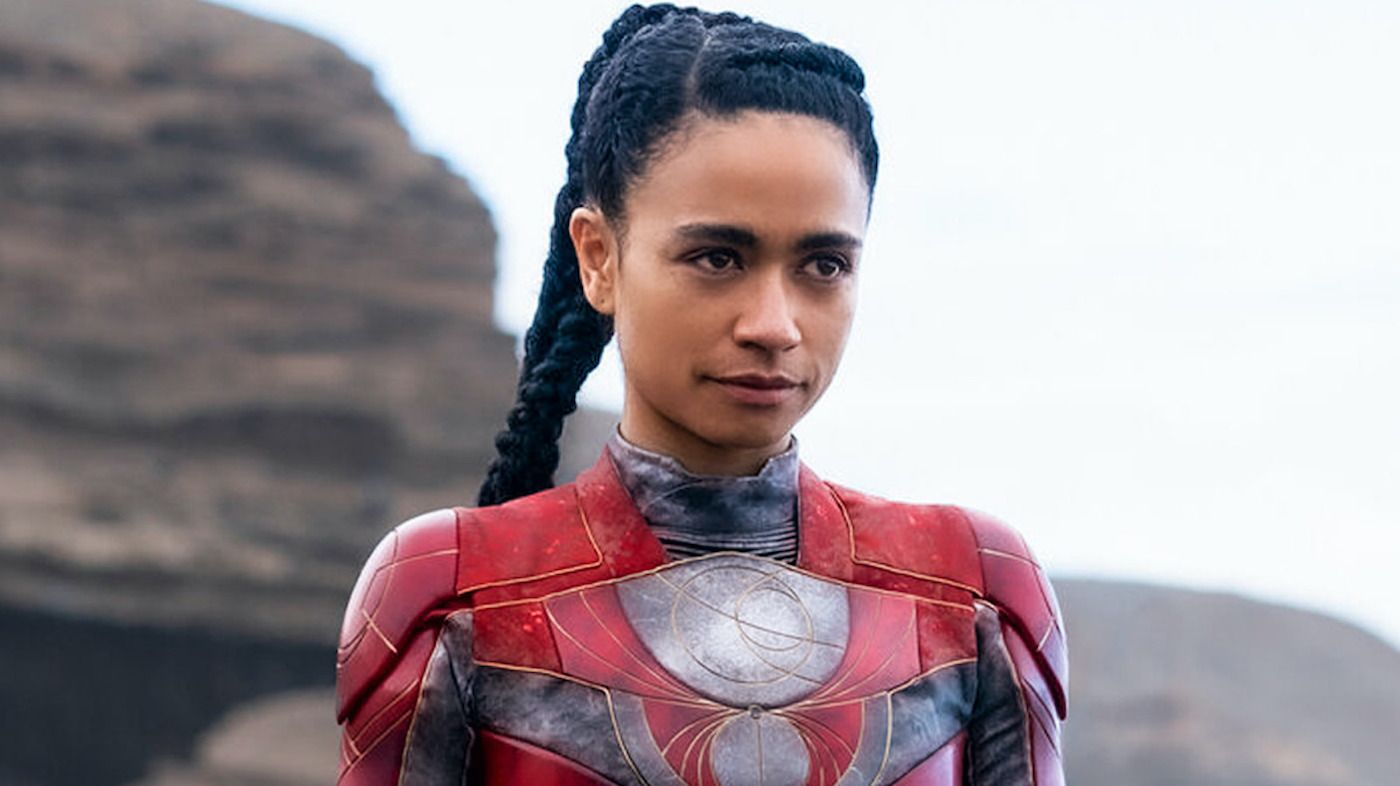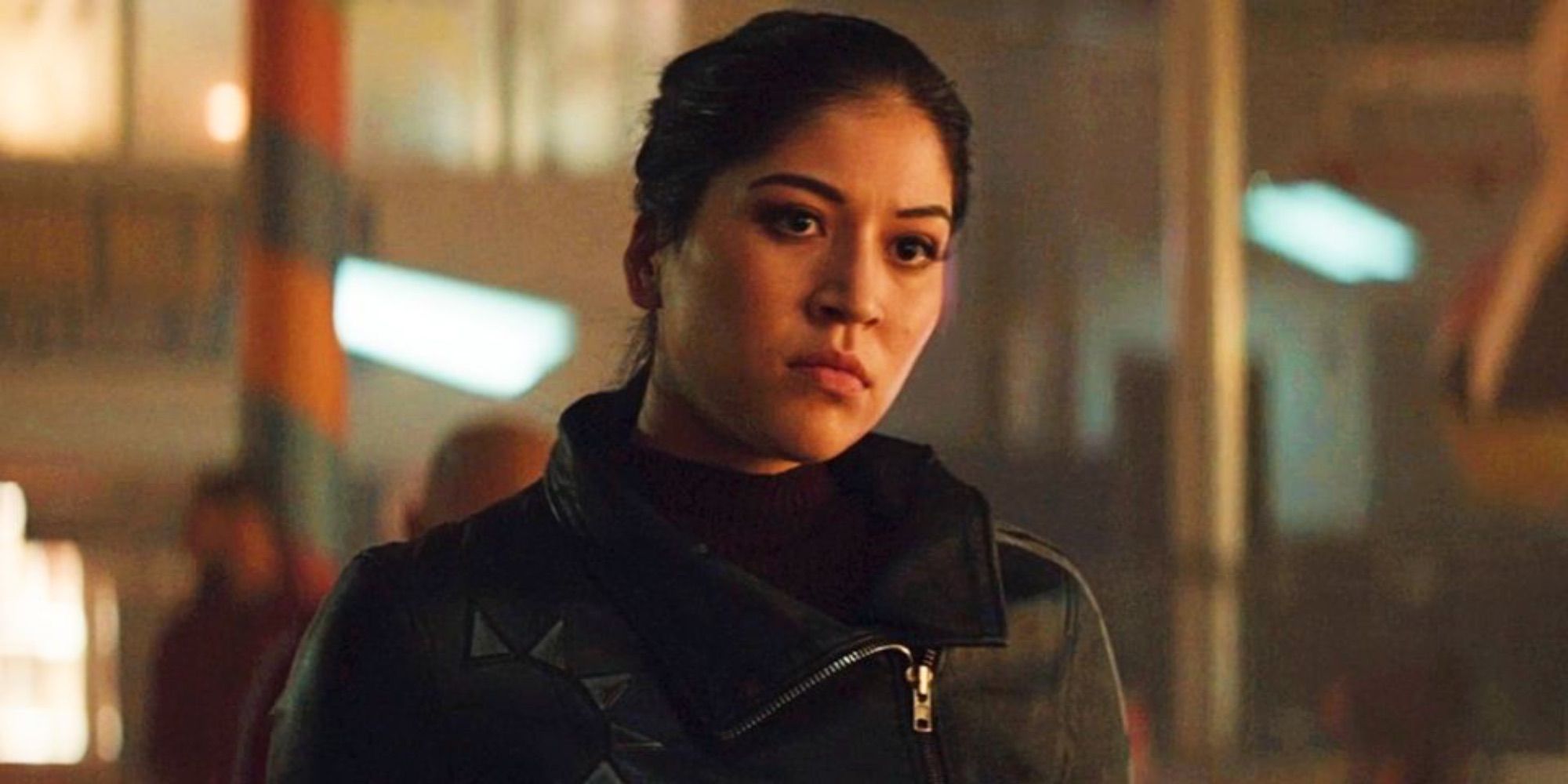To put it lightly, the superhero genre has taken hold of audiences and cemented its place in mainstream culture. With the 13+ year development of the Marvel Cinematic Universe and the various DC ventures (albeit less stable) across theaters, The CW, and HBO Max, superhero fans’ voices have never been louder.
But not everything has been smooth sailing for the genre, with plenty of growing pains along the way. As culture is ever-evolving, so is the media of that time, and unfortunately, they don’t always grow at the same rate. As comics become more present in society and reach more people, that more diverse group seeks out people who are more like them in a multitude of ways – sexuality, gender, race, and more.
Superheroines have become increasingly popular. Sure, they’ve existed, but they still face hurdles in social media and the superhero landscape today. While there has been more focus on these characters, such as Scarlet Witch, Captain Marvel, Black Widow, and Wonder Woman, there’s still a gap between disabled superheroines and their male counterparts. We’ve seen Daredevil (Charlie Cox). James Rhode’s (Don Cheadle) injuries came in Captain America: Civil War five years ago. Patrick Stewart’s Professor X is an icon.
Some have tried. The CW’s Arrow adapted Felicity Smoak to take up the Oracle mantle. However, the show pretty much erased her disability almost as soon as it came when she suddenly got up from her wheelchair, proving that it’s not only important to portray disabled characters but to portray them multi-dimensionally.
There’s a serious imbalance when it comes to female disability representation in the superhero genre. Despite this, things could be changing. There have been several introductions of more superheroines with disabilities in 2021, and not just that — but women who are represented well.
They don’t get up out of wheelchairs. They don’t exist for man-pain, to further the plot, or for shock value. And hopefully, with the success and popularity of women like the ones featured here, cinematic universes will continue to introduce more of these characters.
Barbara Gordon (Titans)
Barbara Gordon (Savannah Welch) joined Titans Season 3 as the show went down a path that felt more based on the Bat-Family than Teen Titans. While the season includes some flashbacks of the time before she required the use of a wheelchair, her present-day arc sees her follow her father’s footsteps as the Police Commissioner of Gotham rather than her earlier vigilante days.
Titans cashes in on Barbara’s history with the show’s main protagonist, Dick Grayson (Brenton Thwaites) by installing her as a temporary love interest, a connection that links him better to the setting. Season 3 of Titans explores their history and current feelings towards each other, relevant as it has a significant effect on how they work together to save Gotham.
Her role as Dick’s romantic interest puts a disabled woman in the center of the emotional arcs of the season, proving that disabled characters are worthy of being the sought-after love interest just as much as any other character. This goes hand-in-hand with the frequent reality that disabled characters, especially superheroes, are pushed into tertiary, sedentary roles that props up the titular hero. Of course, there are some exceptions to this such as Daredevil, but many times this can be the unfortunate case.
However, Barbara Gordon is by no means a passive character. Throughout the season she shows herself to be active, leading as Police Commissioner and doing everything in her power to protect Gotham. Sometimes this meant going against the Titans and sometimes against the corrupt forces at play in Gotham. She alone is able to access Oracle and makes the decision when to use or not to use the power that comes with it.
Titans also doesn’t just reduce her to these more societal places of action and power. Her past as Batgirl also makes her a good shot and a skilled fighter. She defends herself against an adversary, fully fighting off her attacker using unarmed and melee combat in an impressive fight sequence. To play devil’s advocate, Barbara did come with an advanced skillset from before her injury, but it’s important to recognize the scarcity of stories of women like Barbara being told.
Essentially, what makes Barbara so great is that she isn’t reduced to any one thing. And if it weren’t for her important ties to Gotham (and the nature of Titans season-long arcs), then this series would have given it all (and with an increasing amount of Gothan-based characters in the DC series, potentially could) to her.
Makkari (Eternals)
Makkari (Lauren Ridloff) came to the big screen and joined Marvel’s Cinematic Universe with Eternals. The film is a significant departure from other Marvel films and series not just in its style, but also in its tone. Makkari is the first explicit depiction of a disabled superhero in a Marvel film (Jeremy Renner’s Hawkeye is later revealed to be hard-of-hearing in his titular streaming series) and the film excels at integrating her needs into dynamics and relationships flawlessly.
Eternals immerses its audience in the titular characters before revealing the truth behind their existence, a more apocalyptic purpose for their existence – their creation by the Celestial, Arishem. However, creation is the key idea here, the reason why this movie stands out among the rest for its depiction of a disabled character.
Showing the creation of disabled characters, purposeful correction, is a powerful way to support people in disabled communities and combat ableism. While the community has to fight for things like accessibility and equity, showing a God-like character purposefully create a deaf protector and superpowered being, as well as a family who can already communicate with her naturally, asserts the belonging of disabled people in society and not just the bare minimum of acceptance.
It’s important not to understate the importance of this concept. That said, Makkari is also just a beautiful character. Eternals has a lot to do, launching an entirely new ensemble with a single movie, but it takes the time to explicitly show her friendships, and even uses her chemistry-born romantic arc with Druig to launch the ‘final battle’ sequence of the film.
Eternals balances lore, dynamics, and character to bring a fully fleshed-out disabled heroine to the big screen. Although Marvel is beginning to introduce more characters like this, they seem to be geared more for the small screen rather than the more popular movies. However, if they take note from Makkari and take the jump to bring more of these characters to more people, then their stories and audience can be the better for it.
Maya Lopez (Hawkeye)
Maya Lopez (Alaqua Cox) was introduced into Hawkeye as the adversary to Hawkeye, her father a victim to his other alter-ego, Ronin. Hawkeye actually spends a lot of time diving into the experiences of disabled characters. Maya is deaf, as well as an amputee, and her journey actually is a great representation of how two similar situations (Clint and Maya) can diverge tremendously depending on the environment and circumstances around them.
Maya exists in two worlds as taught by her father to her as a child in the series. The same goes for her morality. She isn’t purely an antagonist who sets out to do harm. Maya even wants to escape from the life she’s trapped in and wants to escape the grasp of “Uncle.” At the same time, she makes it known that she doesn’t care about the cost of seeking vengeance, and loses the same person she wanted to run away with to find retribution. Grief, especially for your parents, can be incredibly murky, which explains why Maya walks down this incredibly confusing path.
What’s most interesting about Maya is that her current story doesn’t have much to do with her disability other than providing a person more comfortable in their disabilities than Clint is. She primarily focuses on healing wounds that come from her father’s debt and trying to escape Wilson Fisk’s (Vincent D’Onofrio) grip. Of course, her disabilities shape the challenges she faces and overcomes as well as her view on the world, but Maya’s story isn’t about her overcoming adversity due to her deafness or prosthetic limb. It’s a part of her lore and the foundation of her character, not her current conflict.
Maya’s spin-off series, Echo, is in development for Marvel at Disney+, making her the first disabled woman to headline her own series in the Marvel Cinematic Universe. While Maya serves more as an anti-hero than a classic heroine, she adds variety to the small panel of superpowered women allowed in movies and television currently. Showing a character like Maya and promising her a chance to tell her own story in a complete way helps diversify the type of characters in this niche category, which ensures that these characters don’t fall into any cliches or stereotypes which can be almost as harmful as having no representation in stories at all.




